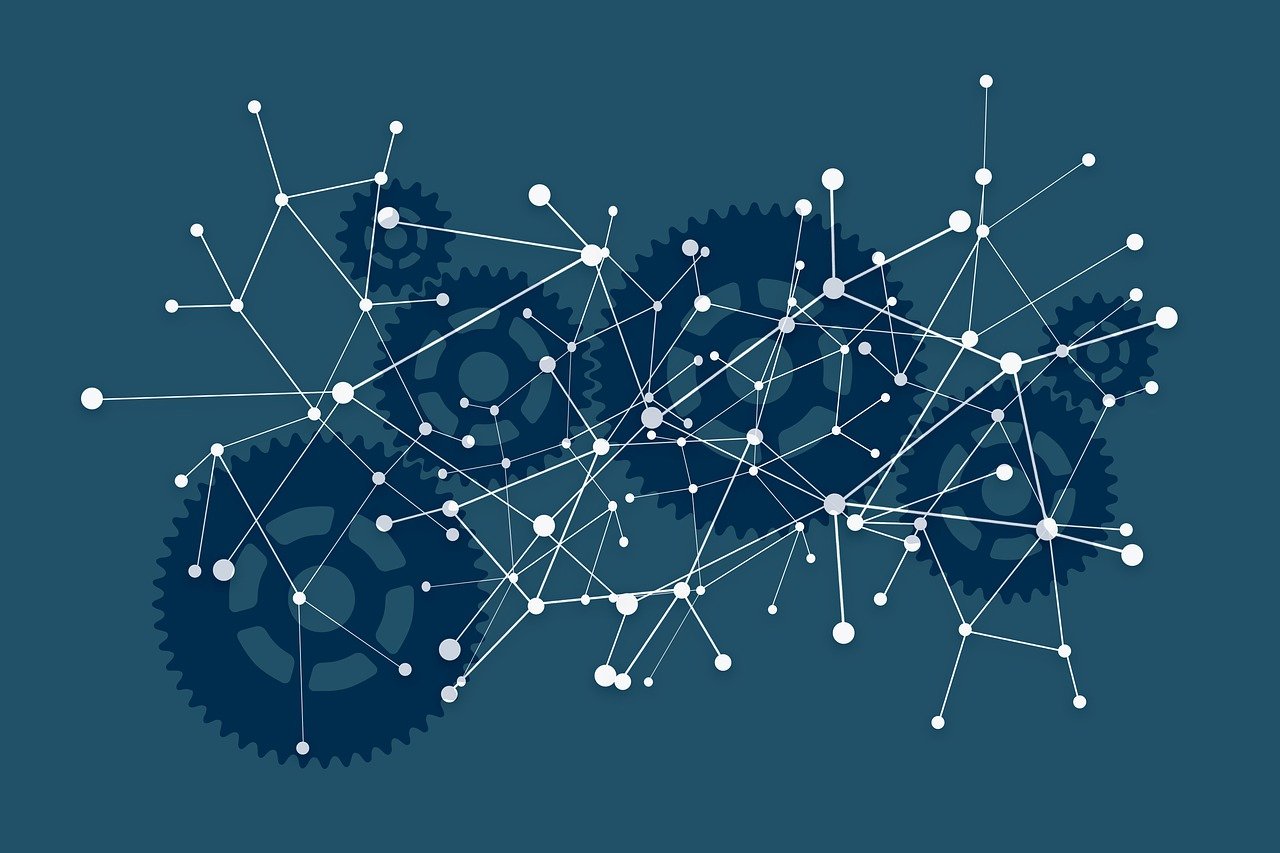VanEck Unveils Top-Performing Blockchains in September
05.10.2024 21:00 1 min. read Kosta Gushterov
Monolithic blockchains, which integrate different layers into a single architecture, have shown strong results in September, according to a report by VanEck.
The report highlighted price increases for Solana (SOL), Sui (SUI) and Aptos (APT), which rose 14%, 118% and 23%, respectively. Sui’s growth was driven by a 140% increase in daily active addresses during the month, which resulted in its market cap exceeding $5 billion.
VanEck also pointed out that the upgrade of Aptos’ Raptr software was a major factor in the 30% increase in daily active addresses.
Monolithic blockchain systems like Solana perform better due to their higher performance and more efficient design compared to modular chains.
Solana, often referred to as the “MacOS of the blockchain space” by Pantera Capital for its vertically integrated approach, has cheaper transaction fees and faster processing, making it a viable platform for smaller payments, asset tokenization and issuing NFTs.
At the same time, a previous VanEck analysis noted how the lower fees and faster transaction speeds of newer tier-one blockchains are attracting users away from Ethereum, contributing to its underperforming price in 2024.
-
1
Wall Street Moves Onchain: Tokenized Finance Enters its Breakout Era
25.07.2025 18:32 2 min. read -
2
Ripple Powers UAE’s First Tokenized Real Estate Project via XRPL
16.07.2025 21:00 2 min. read -
3
German State-Owned Development Bank Issues €100 Million Blockchain Bond
11.07.2025 7:00 2 min. read -
4
Cardano and Ethereum Lead in Developer Activity as GitHub Commits Surge
14.07.2025 12:00 1 min. read -
5
Tether Ends Support for Five Blockchains in Infrastructure Shift
12.07.2025 11:30 2 min. read
Wall Street Moves Onchain: Tokenized Finance Enters its Breakout Era
The tokenization of real-world assets (RWAs) has entered a new phase in 2025—no longer a concept, but a confirmed trajectory.
Vietnam Launches National Blockchain to Digitize Government and Citizen Services
Vietnam has officially launched NDAChain, a national blockchain infrastructure designed to underpin its digital transformation strategy.
Solana Plans 66% Block Upgrade to Boost Network Capacity
Solana developers have introduced a new proposal aimed at pushing the network’s performance even further.
Chainlink Partners With Westpac and Imperium to Tokenize Finance in Australia
Chainlink has announced a major institutional partnership with Westpac Institutional Bank and Imperium Markets as part of Project Acacia—a joint initiative involving the Reserve Bank of Australia and the Digital Finance Cooperative Research Centre (DFCRC).
-
1
Wall Street Moves Onchain: Tokenized Finance Enters its Breakout Era
25.07.2025 18:32 2 min. read -
2
Ripple Powers UAE’s First Tokenized Real Estate Project via XRPL
16.07.2025 21:00 2 min. read -
3
German State-Owned Development Bank Issues €100 Million Blockchain Bond
11.07.2025 7:00 2 min. read -
4
Cardano and Ethereum Lead in Developer Activity as GitHub Commits Surge
14.07.2025 12:00 1 min. read -
5
Tether Ends Support for Five Blockchains in Infrastructure Shift
12.07.2025 11:30 2 min. read


